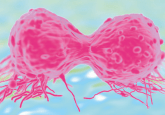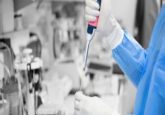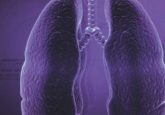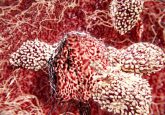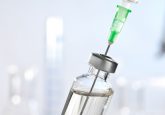‘Hidden’ angiogenic pathway could be reason behind cancer drug trial disappointment
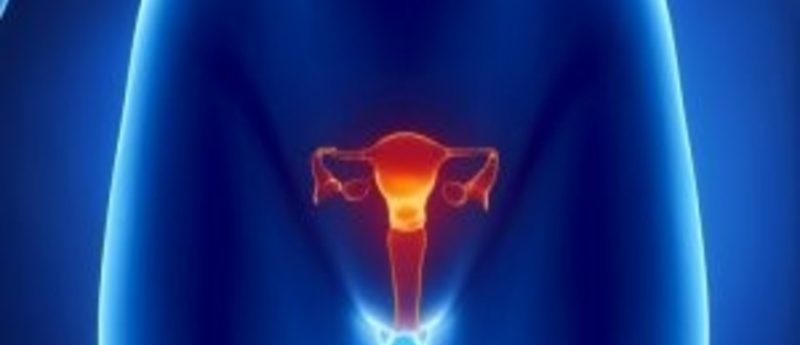
Researchers at the University of Helsinki (Finland) have uncovered a pathway that may explain why some cancer therapies, including angiopoietin-blocking drugs, are failing cancer drug trials. Details of the pathway were published in Nature Communications.
Angiopoietin-blocking drugs work by inhibiting a specific cell pathway that promotes blood vessel growth, in an attempt to starve tumors of their blood supply. The pathway involves several proteins including angiopoietin-1 and angiopoietin-2, as well as Tie-2.
Currently, angiopoietin inhibitors are in clinical trials for ovarian cancer as well as many others. However for some of these therapies, despite promising earlier results, patient survival is not improving as much as predicted.
These recent findings suggest the presence of an alternative angiopoietin-mediated pathway that is thought to bypass Tie-2.
Lead researcher of the investigation Pipsa Saharinen (University of Helsinki) commented: “What we have found in our studies on cells and in mice, is another angiopoietin-2 mediated cell pathway, which usually works to destabilize blood vessels, but which also could promote blood vessel growth. This pathway is not necessarily targeted by current angiopoietin-blocking therapies and this could help explain why some of the trials have not produced as much benefit as we might have hoped.”
The researchers would like to confirm their results in normal cells as well as tumor cells in the hope of shedding light on what is occurring within the body. Future research will be targeted at answering the question of how blocking this new angiopoitetin-2 pathway will affect vessel growth in tumors.
Saharinen emphasizes that this ‘hidden’ discovery could be a fundamental factor influencing cancer drug research: “Ultimately, I think these results could help explain some of the confusing trial results we’ve seen.”
Sources:Mullard A. Phase III setback for lead angiopoietin inhibitor. Nat. Rev. Drug Discov. 13(12): 877 DOI: 10.1038/nrd4509 (2014); University of Helsinki press release
